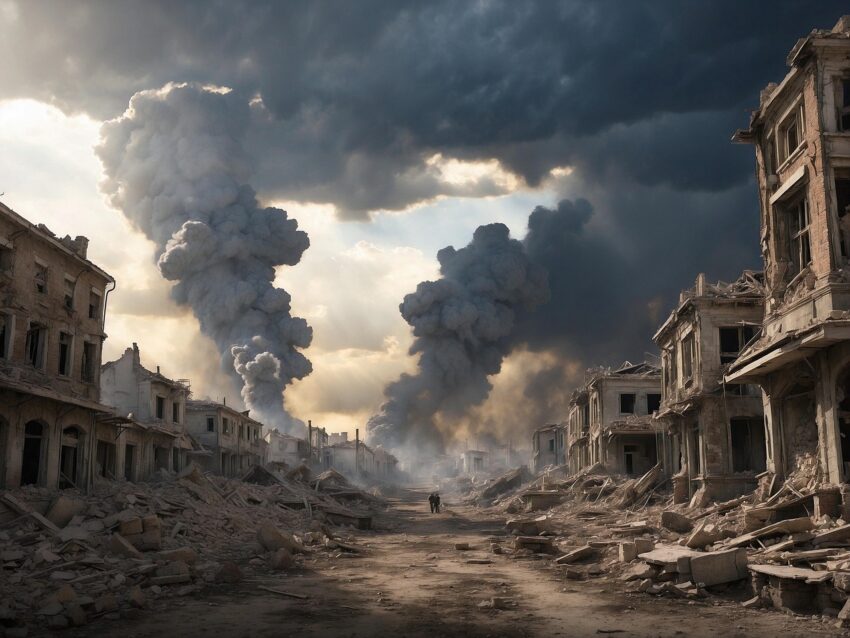The 2003 Iraq War and its aftermath marked a turning point in modern Middle Eastern history. Years of sanctions and conflict had already weakened the country, but the war brought new levels of destruction and instability. Decisions made in the lead-up to the invasion and during its aftermath reshaped Iraq and the wider region.
Planning and Invasion
Preparations for war began well before March 2003. The United States and Britain cited weapons of mass destruction as justification, though these claims were later shown to be unfounded. Military operations were swift, and Saddam Hussein’s government collapsed quickly. For many Iraqis, however, the fall of the regime did not bring stability or relief.
Post-War Failures
The aftermath revealed a lack of planning for governance and reconstruction. The Coalition Provisional Authority disbanded the Iraqi army and pursued de-Ba’athification, removing many experienced officials from government. These measures created a power vacuum, fueling unrest and violence. Instead of rebuilding, the country descended into lawlessness, with basic services collapsing.
Business Interests and Profiteering
The war created opportunities for private corporations, particularly in defense, oil, and reconstruction. Contracts worth billions were awarded, often with little oversight. Reports revealed widespread waste and corruption, with significant funds disappearing. While some companies profited, Iraqis faced shortages, unemployment, and deteriorating living conditions.
Cultural Destruction and Human Capital
Beyond the physical damage, Iraq suffered cultural and intellectual loss. Museums and archaeological sites were looted, and academics and professionals were targeted for assassination or forced into exile. Education and healthcare systems, already weakened by sanctions, deteriorated further. The departure of skilled professionals hollowed out the foundations of society.
Legacy of Instability
The invasion and its aftermath deepened sectarian divisions, fueled insurgency, and created conditions that extremist groups later exploited. The hopes of rebuilding Iraq as a stable democracy quickly faded as corruption, violence, and foreign interference took hold.
The consequences of the war reached far beyond Iraq’s borders, reshaping regional dynamics and influencing global debates on intervention, governance, and accountability.
Continue Reading: Consequences and Global Lessons.

